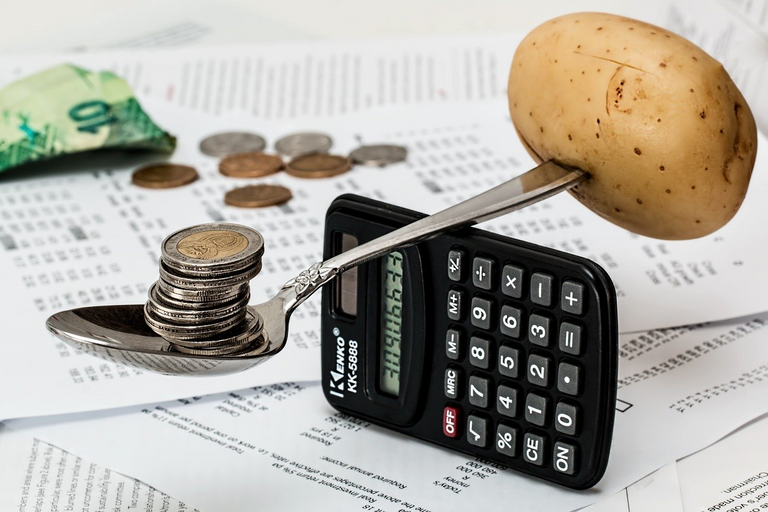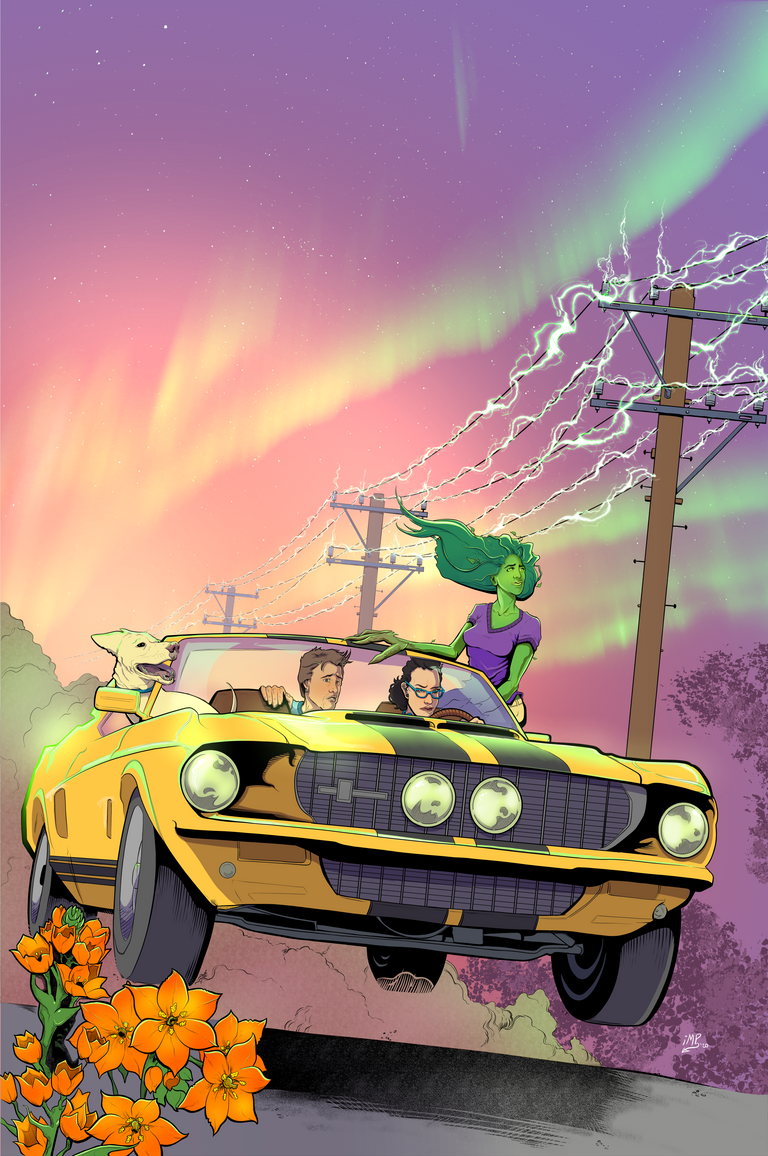
One of the most wasteful aspects of the world today is we can’t easily answer a fundamentally important, simple question, “How much does it cost?”
At a surface level we can say things like this is my company overhead (payroll, taxes, infrastructure, etc), this is my COGS (cost of goods sold), these are what my vendors charge, this is my intended profit margin and how it relates to my industry and competitors, etc. What more often happens is a response in the form of a question, “How much are you willing to pay?” Some see this as a fundamental failure of capitalism and modern economics not actually “economizing” resources, but I think of it more in terms of the subjective and contextual nature of value itself. A glass of water in the desert is worth a lot more than normal. Scarcity, demand, desire... so many things go into the human experience of “I want...” and “I need...”
Price discovery, in a functioning free market which we haven’t had for quite some time, is supposed to allow different individual actors to make their subjective opinions about value leading to an emergent price we can feel somewhat confident in. Since 1913 and the Federal Reserve Act, the mechanism for score keeping value itself (money) is suspect. Combined with Bretton Woods in 1944 and the Nixon Shock in 1971, we’re in a place where the game is fully rigged. Setting that aside for a moment (we’ll ignore the seigniorage of money for governments and banks that create it out of nothing and government contractors who get to spend it first before inflation effects), if the majority of us are playing the same rigged game, we should at least get some useful signal to answer “how much?”
Instead, we get NDA’s, back room deals, “private” sales, “list prices” which change depending on who you know, and so many other forms of information asymmetry. There are a lot of psychological details that go into how we feel we’re getting a deal (priming, anchoring, social proof, loss aversion, etc). A good read on that is Predictably Irrational along with one of my favorites Thinking, Fast and Slow.
Instead of finding Nash equilibriums for what benefits the most number of people in the best way, we have waste, confusion, and hesitancy because one person may feel they are getting screwed while another person is taking advantage through leverage. The lack of transparency means those who can take advantage, will, and those who are sacrificing for the greater good are not recognized for doing so.
What if cryptocurrency and decentralized autonomous communities can solve this? With crypto, the money isn’t manipulated by governments and banks. Everyone knows the monetary policy and everything is trackable on a block explorer. With a DAC, every possible cost to the DAC (along with all forms of revenue) are completely transparent so that everyone knows what everyone else is making and how all the funds are being used. The distributed governance means the decisions are made on chain and those who made them are known and accountable. This can work because everyone in the DAC has a shared goal (and tokenized shared ownership) to create value for the DAC and accomplish the purpose of the DAC. If there are conflicts about inequality regarding pay or vendor agreements or contract deals, it can all be discussed openly and honestly. The wisdom of the crowds can kick in to optimize the situation. Those who work with high character, integrity, and personal responsibility will see this as a breath of fresh air. Those who want to maximize their personal profit at the expense of others will think this is the dumbest idea ever.
It seems like there’s a great potential here to structure “companies” completely different so instead of a hierarchy of control, you get a mass of participants moving in countless directions, experimenting, facilitating, and producing (while, yes, failing often and duplicating efforts as well). This is an environment for evolution. This is a rebuttal to consolidation, monoculture, and evolutionary unstable strategies. It’s a lofty ideal, and I haven’t seen it work yet. Maybe we don’t have the technology to pull it off efficiently (see yesterday’s FB rant--on Twitter also--about the blockchain space) or maybe most humans don’t really want to interact that way. Maybe most of them prefer ignorance is bliss. Well, whether we like it or not, the shroud of ignorance is being lifted as the Internet makes all things known. At some point we’ll have to actively burry our heads in the sand to remain ignorant of how unstable the current status quo is.
I hope you’ve been buying bitcoin and other promising cryptocurrencies, and you’re following developments in the decentralized space such as DACs and DAOs. Things could change quickly and more experiments and experimenters are needed.
A voluntary transaction can only come from a disagreement over value.

That blows my mind.
I bought #8/30 of this print on nftshowroom. The artist, @bryan-imhoff valued it less than 45 Hive. I valued it more than 45 Hive; so I traded my Hive for his token and we both got wealthier.
If we agreed on the value of the image/print/token we never would have traded.
That's how powerful voluntary transactions are.
They turn disagreement into wealth.
That's a beautifully simplistic example where all knowledge was known by all parties. The painting is there and there are not other strings attached. If, for example, there were actually 30,000 instead of just 30, maybe the price would be different. If someone else was willing to buy for twice that amount and you immediately flip to them, would the original owner feel bad about selling to you? Maybe. It gets tricky pretty quick when we factor in all the aspects of human emotions and subjectivity that go into valuing something.
The main issue I'm addressing in my post is where all the information isn't known and there's a major asymmetry of information one party is using against another. That's where it becomes less about a voluntary disagreement (and I wouldn't even frame it that way, more so a division of labor), and almost boarding on fraud where information is held back or kept private to obtain and unfair advantage.
I have become increasingly jaundiced with "the system" and what I see happening because of the Covid crisis makes me concerned about all of this. I would really like to opt out. The level of corruption and impunity - not only in my own country - means I would prefer not to pay tax. We are already taxed up the yin yang in other ways. And then they cut off one of their own sources of income by banning alcohol and tobacco sales during lockdown. This is just for starters...I shan't go into the complete decimation of the economy because of the lockdown except to mention: 3 milion jobs lost. Of those, 2 million women...
These policies have also had deep psychological changes to society and how we value things, there is no price discovery anymore it’s all a fugazi!
We need something to anchor all of this trade and something that truly reflects the deflationary gains of our efforts in work and improvement of technology
At this point BTC is our best shot, it’s by no means the winner or close to what we need but it sure said hey I’m here and started the conversation
Keeping a watch on my top thing to do daily watch developments happening in cryptocurrencies, has been an interesting five years with slow build.
Yes time is right for change, move away from old, now accepting many new ideas in technology, this appears to be slowly adapted by many more we need to remember we have a long way to go, keep supporting the crypto's with good projects.
Thanks for positive input.
I know you’re a true believer in DAC & DAO
Me too
Awesome take here, Luke. Really enjoyed reading this!
Money allowed humans to make the leap from tribal living by allowing us to quantify and reward value contribution in a scalable and mathematical way. From that standpoint, money was always intended to be a technology to quantify societal value contribution. But, as you pointed out, it's been manipulated and stolen for so many years that it is now very loosely correlated to real societal value. Money is so concentrated at the top that it's no longer society that determines value monetarily, it's those with the money who get to determine "what has value?". And 'value', in the eyes of a billionaire, is typically more money and more power, which has lead us to an economy that disproportionately rewards the people who are able to make rich people richer and more powerful, continuing in a perpetual cycle of greed and corruption.
IMO, the only way out of this cycle is to find ways to quantify and reward real value contribution again, as determined by the wisdom of the crowd. I believe this can happen, starting on a small scale with communities and companies, and eventually grow bigger from there until we have a system that rewards real contribution everywhere. That's what gets me so excited about DAO's and DAC's - we get to rewrite the rules and functionality of money in such a way that we can align the interests of the individual with the group.